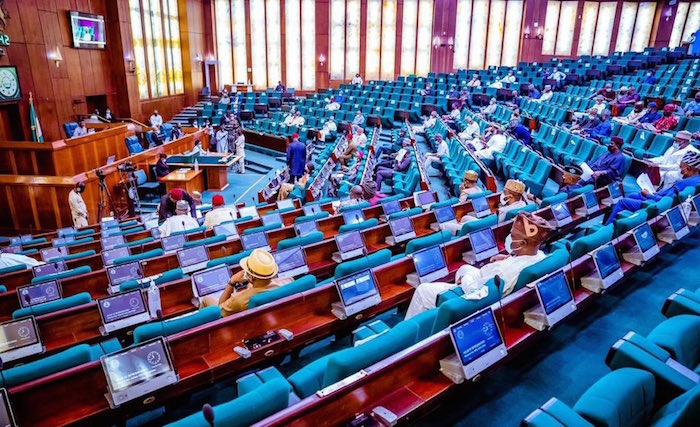
BREAKING: House Begins Review of 2003 Communications Act, Seek Stronger NCC, Digital Reforms
Twenty-two years after the Nigerian Communications Act 2003 was enacted and activated, the House of Representatives Committee on Communications, on Tuesday, began a two-day colloquium in Lagos to appraise the Communications Act by discussing its impact and challenges since 2003, with a view to reviewing it in line with technology evolution.
The colloquium, themed, “The Nigerian Communications Act 2003; 22 Years After – Challenges, Opportunities and Future Directions for a Digital Nigeria,” brought together telecoms operators, industry stakeholders, NCC, and legislators, to discuss the Communications Act and its challenges.
The participants stressed the need for a review that would bring about the development of new strategies that would empower NCC and make it an independent regulator.
They were of the view that the new Act should be able to strengthen the cybersecurity framework, enhance innovation, address the regulatory overlaps between NCC and National Broadcasting Commission (NBC), and also address the issue of protection of National Critical Information Infrastructure (NCII), among others.
They added that the Communications Act 2003 was no longer in tune with modern realities in the telecoms sector.
In his remarks, Speaker, House of Representatives, Dr. Tajudeen Abbas, said the digital economy in Nigeria had grown rapidly, with financial inclusion made possible through digital banking and payment systems.
Abbas, who was represented by Deputy Chief Whip of the House of Representatives, Hon. Ibrahim Ayokunle Isiaka, added that the development had also come with its own challenges that needed to be addressed.
According to him, the colloquium will further generate incisive contributions and information to strengthen the work of the House committee on communications and provide necessary input to the legislative actions of the House on the Communication Act 2003 amendments.
In his welcome address, Chairman, House of Representatives Committee on Communications, Hon. Peter Akpatason, said Nigeria had achieved monumental growth and development in all sectors since the Communications Act was enacted.
Akpatason, however, said there was need to reassess the Act’s effectiveness in promoting the growth and development of Nigeria’s digital economy.
According to him, “Stakeholders seek to reassess the Act’s challenges, opportunities, and future directions for a digital Nigeria.
“Undoubtedly, exponential progress has been recorded in the last 22 years. However, significant digital divide remains, with many Nigerians lacking access to digital services.
“Therefore, the colloquium aims to: review the impact of the Nigerian Communication Act 2003 on our telecommunications sector; identify challenges and opportunities arising from technological advancements and changing market dynamics; and discuss future directions for a digital Nigeria, leveraging insights from industry experts and stakeholders.”
Executive Vice Chairman of NCC, Dr. Aminu Maida, in his opening remarks, said the colloquium would help to shape the future of communications in Nigeria.
Maida stated, “When the Nigerian Communications Act was enacted over two decades ago, it heralded a new era for our nation’s telecommunications sector. By dismantling monopolistic barriers and establishing a transparent, independent regulatory framework, the Act empowered NCC to midwife a sector that has become a bedrock of Nigeria’s economic and social progress.
“The colloquium offers a rare opportunity to take stock of the Act’s strengths, address its gaps, and re-imagine its role in powering Nigeria’s digital future.”
At a panel session, the chairman of Association of Licensed Telecoms Operators of Nigeria (ALTON), Gbenga Adebayo, stressed the need to address the issue of multiple taxation in the new telecoms Act.
Adebayo called for the establishment of an industry working group that will make relevant input in the reviewed telecoms Act.



